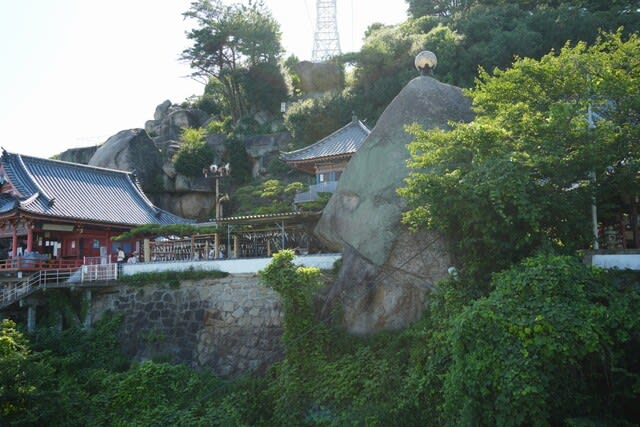2022/3/15
The following is taken from the book "Mass Media Ruins the Nation" by the late Nishibe Susumu.
All Japanese who can read should immediately go to their nearest bookstore and buy a copy.
Through my translation, people worldwide will discover that the mass media in their countries are the same.
The following is a continuation of the previous chapter.
A crime that clearly shows the cultural regression of the Japanese people.
Why don't Japanese people remember that accurately?
Why do they not recall the dubious history of the mass media?
We cannot trumpet the arrival of an advanced information society when we suffer from cultural amnesia.
It is because what is important is not just information but information that contains value and meaning.
Information without meaning or value is merely a symbol.
The only way to know what meaning or value information has is to judge it in light of its accumulation in the past.
Because of our extreme amnesia about the past, we expect only symbolic, fleeting stimuli, such as the prominence or interest of information that passes before our eyes.
Symbols are meaningless signs, and robots, not humans, react to such things.
Modern society seems to have entered an age of "rule by symbols" or "semiocracy."
It is said not only in Japan but also in Western societies.
Meaning and value are lost, and only symbols with little meaning or value remain in our minds.
Indeed, it could be said that the age of semiocracy is upon us.
However, we are not prepared to surrender ourselves to semiocracy.
If we were prepared to do so, why did we so much wave around childish meanings and values, the kind of thing exchanged in elementary school homerooms in the Recruit scandal, such as "we can't tolerate easy money"?
If we cannot escape the "rule of symbols" era, there must have been more technical and fancier ways of expression, such as complex parodies.
We have the ability to express ourselves in this way.
But we have not done so.
Semiocracy is just a fancy way of saying it.
In truth, we cannot leave the dimension of meaning or the universe of values.
Yet, we have neglected to make efforts to discover and invent meaning and value in our minds.
So, the old testimonials from old chests regressed into childish meanings and values, such as "easy profit is not allowed."
In that sense, the Recruit Scandal was a significant incident that could be described as both severe and strange and clearly shows the cultural regression of us Japanese.
As the role of signs and symbols increased in expressive activities, meaning and value became increasingly impoverished until we came to shout "anti-authority," a cliché of postwar democracy, knowing that it was empty talk.
Whenever someone of relatively high social status, such as a politician or a businessperson, was found to be shady, media figures and the intellectuals who sided with them would ignore their shady behavior and rush to make a bloodbath of those in power.
The shady behavior of those in power made them the target of mob lynchings, even if they fell within the existing rules.
What was seen here was the emotional logic of vulgar democracy, which sees anti-authority as a good in itself.
What's more, the participants in the mob lynchings were people who, in their own lives, were vigorously subservient and pandering to authority.
This section continues.

2024/7/30 in Onomichi

















